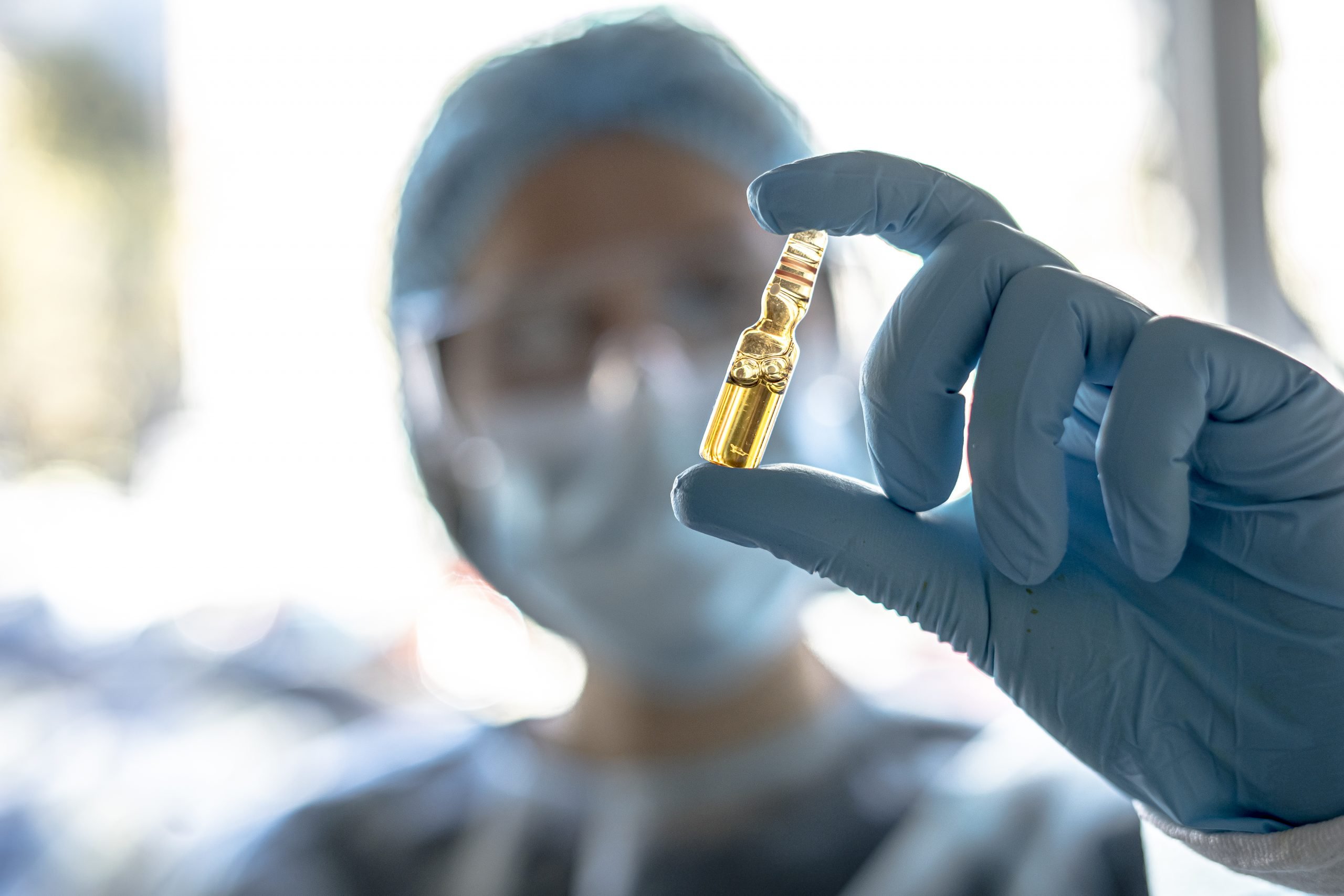Cancer can be a taboo subject. Many people are reluctant to talk about this unfortunate diagnosis out of sensitivity to the feelings of both the cancer patient and to those of the patient’s friends and family.
However, those suffering from the many unpleasant side effects associated with cancer, including acute and chronic pain, do need this subject to be discussed. According to an article published in the Journal of the Advanced Practitioner in Oncology,, “pain is a common complication for cancer patients, with an incidence as high as 90% of those with advanced cancer.”
Between the potential danger of addiction to opioids combined with the potential side effects of other medications, some patients aren’t getting the pain relief they need. The Mayo Clinic mentions various reasons why people aren’t receiving adequate treatment for their cancer pain including:
- Reluctance to mention their pain to their doctors
- Fear of developing side effects to the medication
- Common incidence of doctors not inquiring about patient’s pain
- A concern of medical professionals about prescribing opioids
- Fear of developing an opioid addiction
Although there are many ways to treat the pain, some cancer patients have difficulty controlling their pain with opioids and other traditional pain medications alone. “Chronic cancer pain is often refractory to standard pain therapies and can be difficult to treat and sometimes impossible to control,” mentions Dr. Amy Lee Bredlau in a study published in Pain Medicine.
Fortunately, there are various research studies being conducted into alternative methods to treat cancer pain, including opioid-resistant cancer pain. Ketamine IV infusion therapy is one solution that you should consider first in your pain management therapy.
Treatments Currently on the Market
Opioids are a type of narcotic pain medication and include drugs such as morphine, methadone, fentanyl, hydrocodone and oxycodone. They are often prescribed to cancer patients to help manage their pain, however; using these drugs have many potential side effects. Problems with prescription opioids include a loss in efficacy after some time (AKA drug tolerance), resulting in the need to take higher doses or more frequent doses of the meds than prescribed.
Common side effects associated with prescription opioids include:
- Dizziness
- Nausea
- Vomiting
- Constipation
- Drowsiness
- Respiratory depression
- Physical dependence
A variety of over the counter (OTC) pain meds are also used to manage cancer pain. These OTC drugs include things like aspirin, acetaminophen, and ibuprofen. Long-term use of these medications can increase blood pressure, cause ulcers, or result in potential damage to your liver or kidneys so they are more of a short-term pain solution.
As you can see, while opioids and OTC meds both offer pain relief, they aren’t free from possible complications. As a result, alternative therapies, such as ketamine, are being researched to find a better option for treating cancer pain.
Ketamine Therapy
Initially used in high doses as an anesthetic, in recent years, medical professionals have started to research different ways to use ketamine. Administered at low doses, ketamine is being used to treat a variety of conditions including anxiety, PTSD, and treatment-resistant depression.
The medical description of how this drug works to bring pain relief is that ketamine is an NMDA-receptor antagonist that binds to receptors to increase the effectiveness of opioid-induced signalling. These actions of ketamine appear to aid in producing analgesia (the inability to feel pain) against acute pain.
Recommendations for ketamine in cancer pain management include:
- After cancer surgery
- During radiation therapy
- During chemotherapy
Studies and Findings Related to Ketamine and Cancer Pain Treatment
Ketamine is proving effective in the treatment of pain that is resistant to traditional treatment methods.
A study published in Medicine and Pharmacy Reports revealed that ketamine is showing promise as a treatment option for people with uncontrolled cancer pain. “In these patients, ketamine reduces opioid requirements and decreases tolerance to some opioids.”
Potential benefits of using ketamine to bring relief to cancer patients:
- Option when standard painkillers are no longer bringing relief
- Coordinated use with standard painkillers to help cancer-related nerve pain
- Adding to medical regimen to improve quality of life and lessen or eliminate anxiety and depression
Brighton A. Loveday and Dr. Jill Sindt share their guidelines for the use of ketamine infusions when opioids and other pain relievers have proven ineffective. In an article published to the National Institutes of Health US National of Library of Medicine the authors mention, “Ketamine infusions at subanesthetic doses can help to interrupt and reverse pain crises involving complex cancer pain syndromes…”
Are you looking for relief from pain and wondering if ketamine therapy is right for you?
Adding Ketamine Infusions to Your Treatment Plan
If cancer pain is a problem, consult with your healthcare team to develop a plan and help you find a solution. The pain associated with cancer can prove challenging to manage. Ketamine infusion therapy can provide hope and healing during this difficult time.
Reach out to your healthcare provider to discuss the possibility of adding ketamine infusion therapy for depression and anxiety to your treatment plan.
Links to Resources
The following sources were consulted as research for the completion of this article:
Brighton A. Loveday and Jill Sindt, MD. Ketamine Protocol for Palliative Care in Cancer Patients with Refractory Pain. Journal of the Advanced Practitioner in Oncology. Retrieved from: https://www.ncbi.nlm.nih.gov/pmc/articles/PMC5017546/
Mayo Clinic Staff. Cancer Pain: Relief is Possible. Retrieved from: https://www.mayoclinic.org/diseases-conditions/cancer/in-depth/cancer-pain/art-20045118
WebMD. Opioid (Narcotic) Pain Medications. Retrieved from: https://www.webmd.com/pain-management/guide/narcotic-pain-medications
Amy Lee Bredlau, MD et al. Ketamine for Pain in Adults and Children with Cancer: Review and Synthesis of the Literature. Pain Medicine, Volume 14, Issue 10, October 2013, Pages 1505-1517. Retrieved from: https://academic.oup.com/painmedicine/article/14/10/1505/1833346
Armeana O. Zgaia et al. The Role of Ketamine in the Treatment of Chronic Cancer Pain. Medicine and Pharmacy Reports, Vol. 88, No. 4, Pages 457-461. Retrieved from: https://medpharmareports.com/index.php/mpr/article/view/500


























